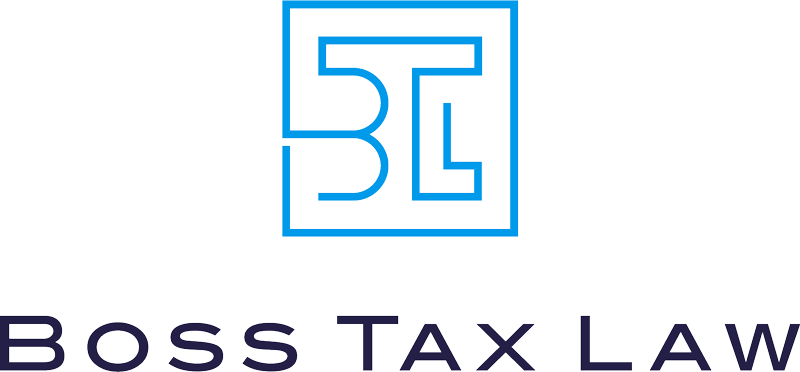Understanding the Key Differences Between Tax Attorneys, CPAs, and EAs
Whether you’re dealing with complex tax matters, need help preparing financial statements, or require representation before the IRS, understanding the differences between a tax attorney, a Certified Public Accountant (CPA), and an Enrolled Agent (EA) is crucial. In this post, I’ll break down each type of professional, their qualifications, and when you might need their expertise.
Tax Attorneys: Legal Experts in Tax Matters
A tax attorney is a legal expert. To become an attorney, one must attend law school, pass the bar exam, and be admitted to practice law. A tax attorney is an attorney that has decided to focus on tax as a specialty. Tax attorneys are well-versed in the legal aspects of tax issues and are skilled in handling legal arguments, drafting documents, and negotiating settlements.
Key Benefits:
- Attorney-Client Privilege: Conversations with a tax attorney are generally confidential due to attorney-client privilege, meaning they can’t be disclosed in court or other legal proceedings.
- Broad Representation: Tax attorneys can represent clients in all three courts that handle tax cases, provided they are admitted to those courts. This makes them particularly effective in representing clients with complex tax issues, tax appeals, and tax litigation.
Certified Public Accountants (CPAs): Masters of Accounting
Certified Public Accountants (CPAs) have a strong background in accounting. To become a CPA, individuals need at least a bachelor’s degree in accounting, though many have a masters degree in accounting as well. They must also pass the CPA exam. CPAs are experts in deciphering numbers, preparing financial statements, and preparing tax returns.
Key Benefits:
- Accounting Expertise: CPAs excel in bookkeeping, financial statement preparation, and complex tax returns. Their focus is on the accounting side rather than legal representation.
- Limited Tax Representation: While CPAs generally do not have attorney-client privilege and can’t represent clients in tax court (with some rare exceptions), they are skilled in handling various tax-related tasks.
CPAs are best suited for managing financial records, preparing detailed tax returns, and offering tax advice. However, if your needs extend beyond accounting into legal or complex tax issues, you might need a tax attorney.
Enrolled Agents (EAs): Federal Tax Specialists
Enrolled Agents (EAs) are tax professionals authorized by the IRS. Unlike CPAs and tax attorneys, EAs are not required to have a specific educational background but must pass an IRS exam. They are able to represent taxpayers before the IRS, particularly for straightforward tax matters.
Key Benefits:
- IRS Representation: EAs are adept at handling basic to somewhat complex tax matters before the IRS. Their primary strength lies in representing clients in interactions with the IRS.
- Tax Focused: While some EAs may also prepare tax returns, their primary expertise is in tax representation rather than accounting or legal issues.
Choosing the Right Professional for Your Needs
To summarize:
- Tax Attorneys are ideal for complex tax issues, tax litigation, and situations requiring legal representation. They offer attorney-client privilege and can represent clients in all tax courts.
- CPAs are best for accounting tasks, financial statements, and preparing detailed tax returns. They have limited tax representation capabilities and do not offer attorney-client privilege.
- EAs are effective for IRS representation and handling straightforward to moderately complex tax matters. They lack attorney-client privilege and are not suited for extensive legal arguments.
For those who require a blend of accounting and legal expertise, some professionals, like myself, combine both skills. As a tax attorney and CPA, I offer a comprehensive approach to managing tax issues and legal challenges.
If you have questions about which professional is best suited for your situation or need further guidance, feel free to reach out.
